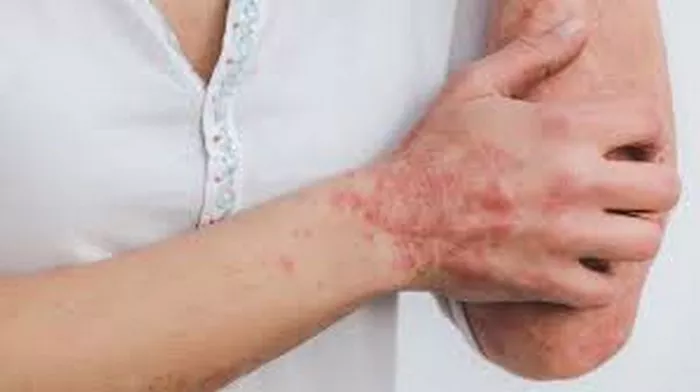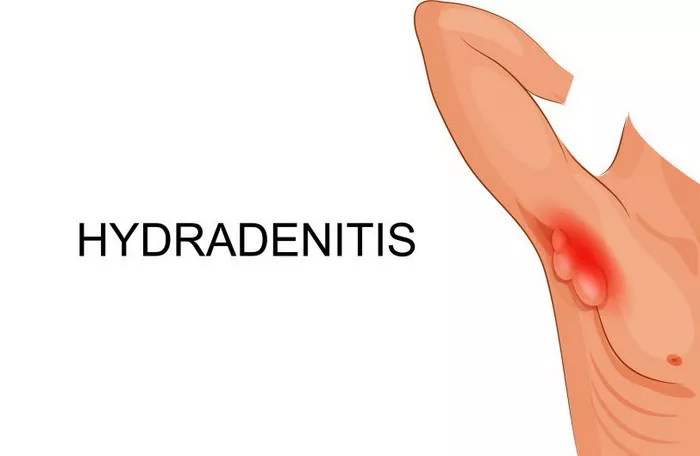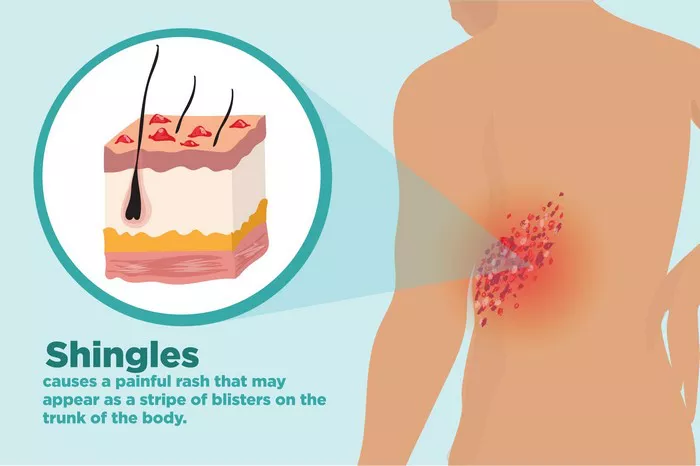Psoriasis is a chronic skin condition characterized by red, itchy, and scaly patches. It’s an autoimmune disease that speeds up the life cycle of skin cells, causing them to build up rapidly on the surface of the skin. While there is no cure for psoriasis, various treatments can help control the symptoms. Among these treatments, steroid creams play a crucial role due to their anti-inflammatory properties. This article will explore the five best steroid creams for psoriasis, providing insights into their effectiveness, usage, and potential side effects.
1. Clobetasol Propionate
Clobetasol propionate is one of the most potent topical steroids available and is commonly prescribed for severe psoriasis. Its effectiveness lies in its ability to significantly reduce inflammation and itching.
Mechanism of Action
Clobetasol propionate works by inhibiting the production of substances in the body that cause inflammation. It constricts blood vessels, reduces swelling, and suppresses immune responses in the skin. This helps to slow down the excessive production of skin cells that is characteristic of psoriasis.
Usage and Dosage
Clobetasol propionate is available in various forms, including cream, ointment, gel, and lotion. The cream is typically applied twice daily to the affected areas for a period not exceeding two weeks. Due to its high potency, it should not be used on the face, groin, or underarms unless directed by a physician.
Side Effects
Common side effects include burning, stinging, itching, and dryness at the application site. Prolonged use can lead to more serious side effects such as skin thinning, stretch marks, and systemic absorption leading to hormonal imbalances.
2. Betamethasone Dipropionate
Betamethasone dipropionate is another highly effective steroid cream for psoriasis, known for its potent anti-inflammatory properties.
Mechanism of Action
Betamethasone dipropionate works by reducing the actions of chemicals in the body that cause inflammation. It decreases the formation, release, and activity of different cells and chemicals that cause swelling, redness, and itching.
Usage and Dosage
Betamethasone dipropionate is available as a cream, ointment, lotion, and gel. The cream is generally applied once or twice daily, depending on the severity of the psoriasis. It is often recommended for use on thicker areas of skin such as the elbows and knees.
Side Effects
Potential side effects include burning, itching, and irritation at the application site. Long-term use may result in skin thinning, stretch marks, and increased susceptibility to infections. It’s important to follow the prescribed dosage and duration to avoid these side effects.
3. Fluocinonide
Fluocinonide is a potent topical steroid used to treat moderate to severe psoriasis. It is effective in reducing the inflammation and itching associated with psoriasis.
Mechanism of Action
Fluocinonide works by reducing the release of inflammatory substances in the body. It also helps to constrict blood vessels, which decreases swelling and redness.
Usage and Dosage
Fluocinonide is available in cream, ointment, gel, and solution forms. It is typically applied to the affected areas two to four times daily. For scalp psoriasis, the solution form is often preferred due to its ease of application.
Side Effects
Side effects can include burning, stinging, itching, and dryness at the site of application. With prolonged use, there is a risk of skin thinning, stretch marks, and increased hair growth. It is essential to use fluocinonide as prescribed to minimize these risks.
SEE ALSO: How About Alpecin Psoriasis Shampoo
4. Mometasone Furoate
Mometasone furoate is a medium-to-high potency steroid cream that is widely used for treating psoriasis. It is known for its effectiveness and relatively lower risk of side effects compared to some stronger steroids.
Mechanism of Action
Mometasone furoate works by suppressing the immune response that leads to inflammation and the rapid turnover of skin cells. It helps reduce swelling, redness, and itching associated with psoriasis.
Usage and Dosage
Mometasone furoate is available in cream, ointment, and lotion forms. It is usually applied once daily to the affected areas. Its relatively high potency makes it suitable for use on most parts of the body, except for the face and areas with thin skin unless advised by a doctor.
Side Effects
Common side effects include burning, itching, and dryness at the application site. Long-term use can cause skin thinning and other systemic side effects, although these are less common compared to more potent steroids.
5. Hydrocortisone Butyrate
Hydrocortisone butyrate is a milder steroid cream that is often used for less severe cases of psoriasis or for sensitive areas of the skin such as the face or groin.
Mechanism of Action
Hydrocortisone butyrate works by reducing inflammation and suppressing the immune response in the affected areas. It helps alleviate redness, swelling, and itching.
Usage and Dosage
Hydrocortisone butyrate is available in cream, ointment, and lotion forms. It is typically applied two to four times daily, depending on the severity of the psoriasis. Its lower potency makes it safer for long-term use and for application on sensitive skin areas.
Side Effects
Side effects are generally mild and may include burning, stinging, itching, and dryness at the application site. Long-term use can still lead to skin thinning and other side effects, though these are less common compared to stronger steroids.
Choosing the Right Steroid Cream for Psoriasis
Selecting the appropriate steroid cream for psoriasis depends on several factors, including the severity of the condition, the area of the body affected, and individual skin sensitivity. Consulting with a dermatologist is crucial to determine the most suitable treatment option. Here are some considerations when choosing a steroid cream for psoriasis:
Severity of Psoriasis
- Mild Psoriasis: Hydrocortisone butyrate may be sufficient to control symptoms without significant risk of side effects.
- Moderate Psoriasis: Mometasone furoate or fluocinonide may be more appropriate, providing a balance between efficacy and safety.
- Severe Psoriasis: Clobetasol propionate or betamethasone dipropionate may be necessary to manage severe symptoms, but should be used with caution due to their higher potency.
Location of Psoriasis
Face, Groin, and Underarms: Milder steroids like hydrocortisone butyrate are preferred due to the sensitive nature of these areas.
Scalp: Fluocinonide solution is often recommended for its ease of application and effectiveness.
Thicker Skin Areas (Elbows, Knees): More potent steroids like clobetasol propionate or betamethasone dipropionate may be needed to penetrate the thicker skin and reduce symptoms.
Skin Sensitivity
Individuals with sensitive skin may need to start with a milder steroid and gradually increase potency if necessary, always under the guidance of a dermatologist.
Tips for Using Steroid Creams Effectively
1. Follow Prescriptions: Always use steroid creams as prescribed by a healthcare provider. Overuse or incorrect application can lead to serious side effects.
2. Apply Thinly: Apply a thin layer of the cream to the affected area. Using more than needed does not increase effectiveness but can increase the risk of side effects.
3. Monitor for Side Effects: Be aware of potential side effects such as skin thinning, stretch marks, and increased hair growth. Contact your healthcare provider if you notice any adverse effects.
4. Use Moisturizers: Combining steroid treatment with regular use of moisturizers can help maintain skin hydration and enhance treatment effectiveness.
5. Avoid Sensitive Areas: Unless specifically prescribed, avoid using potent steroids on sensitive areas such as the face, groin, and underarms.
6. Periodic Review: Regularly review the treatment plan with your dermatologist to ensure its continued effectiveness and to make any necessary adjustments.
Conclusion
Steroid creams play a vital role in managing psoriasis by reducing inflammation, itching, and the rapid turnover of skin cells. Clobetasol propionate, betamethasone dipropionate, fluocinonide, mometasone furoate, and hydrocortisone butyrate are among the best options available, each with its unique benefits and considerations. It is important to use these medications under the guidance of a healthcare provider to maximize their benefits while minimizing potential side effects. By carefully selecting and using the right steroid cream, individuals with psoriasis can achieve better control of their symptoms and improve their quality of life.
Related Topics:























